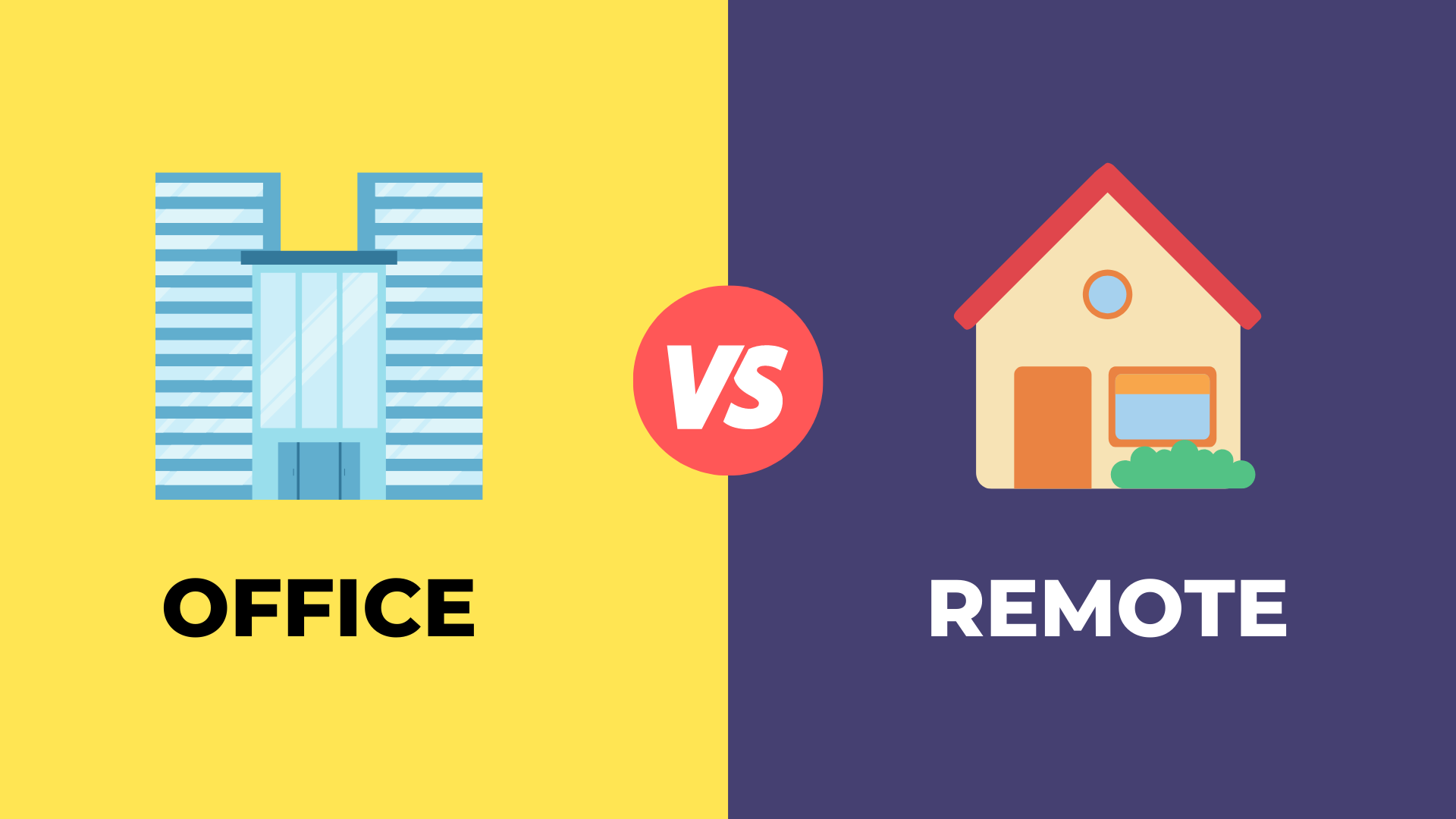Office vs Remote and 5pm finishes… Welcome to work in 2022!
Remote and hybrid working is still the de-facto option for most companies.
However, in the US some of the large corporates (e.g. Google) are now telling employees that if they’re not coming back to the office then their salary will be evaluated (and in many cases reduced).
This is creating a two-tier salary structure for the same role, and it’s a hornet’s nest that the UK will soon encounter.
If you’re a London-based company, are you going to pay a London salary to someone who’s now working remotely in Sheffield or Cornwall? At some point, different salaries for remote working will need to be added into the salary negotiations.
Can a two-tier salary structure work?
Yes, if companies give their employees the option.
Either: we want you in the office as much as possible. For this we’ll pay you your standard London salary.
Or: you can work remotely (not office-based) and you don’t really need to come in. You won’t be involved in broader interactions with colleagues, making a leadership role difficult. For this we’ll pay you a reduced salary.
Generally you’d expect about a 20-30% difference between London and non-London salaries.
This difference may cause resentment between those in similar roles, but not if companies have this salary/remote working conversation with their staff early on. They must set expectations, be open, and ensure that employees feel involved in the process.
Different set-ups for different roles?
While we know people can work remotely, for certain roles and functions it’s preferable having some of your staff back in the office so they can work collaboratively.
For example, it’s more acceptable for a Software Developer to work remotely, but more difficult for a Sales Director to be at maximum productivity.
Of course each case and person is unique, and should be treated as such. However, over the next 12 months we could start to see customer-facing roles (e.g. marketing and sales) working in the office, and back-office roles (e.g. finance and technology) working remotely.
Senior leadership teams will need to be in the office, as will new starters and junior members so they can absorb company culture and learnings.
Possible configurations include:
Software / Finance = remote
Marketing / HR = hybrid
Sales / Leadership = office-based
Portugal’s hard-stop at 5pm
During the pandemic, many people working in global firms have been contacted around the clock via their company’s internal messaging system. This has completely shattered any work/life balance.
Could we see the new Portuguese law, which bans companies from contacting staff after 5pm, being introduced in the UK?
It seems unlikely, but what if it was part of a remote reduced salary option? It’s a ‘benefit’ that companies may want to use to retain talent.
What does this all mean for companies in 2022?
In order to attract the best talent, companies must:
Adopt a hybrid model of working as a new normal. (2-3 days in the office per week).
Give people options Remote V Hybrid V Office.
Want some advice on salary benchmarking?
Get in touch with Santa Monica Talent today for a free consultation.
We help start-ups scale up by building exceptional sales, marketing, product, software, and leadership teams for them.


